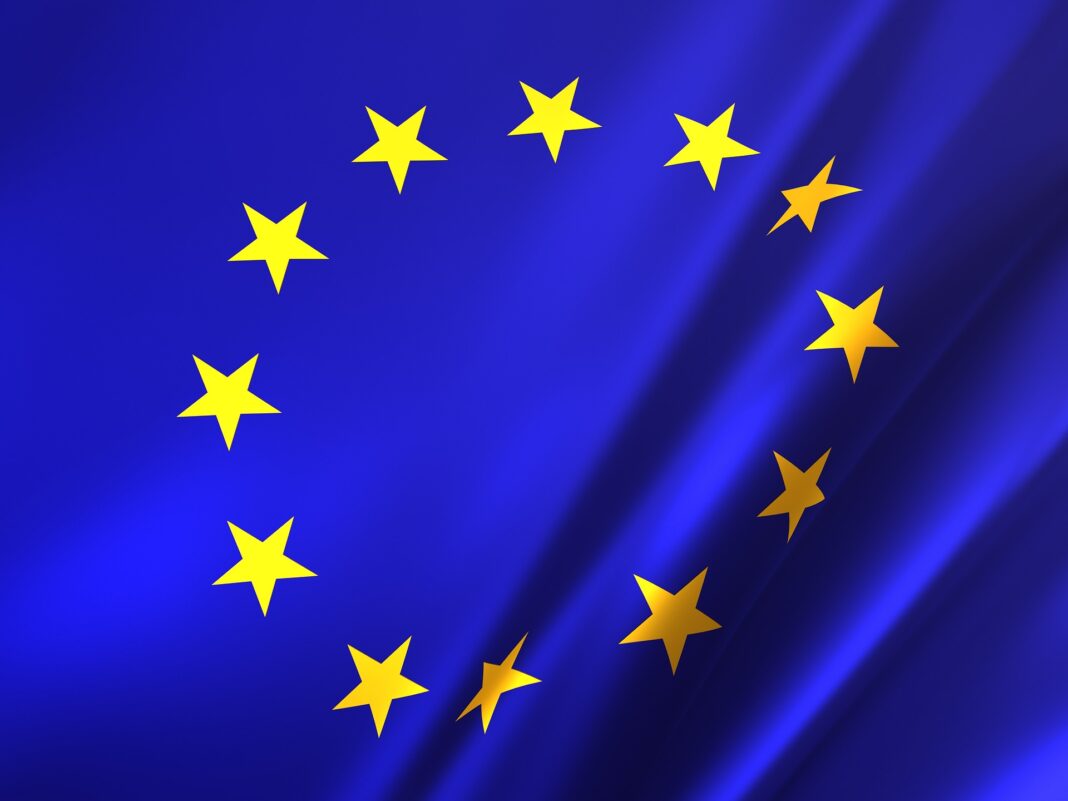Amid the latest round of U.S. import tariffs, Russia’s conspicuous exemption has sparked debate over the effectiveness of sanctions and the pivotal role Europe plays in applying economic pressure on Moscow.
Russia’s Omission from U.S. Tariff List Raises Questions
On April 2, President Donald Trump unveiled a comprehensive list of countries facing new 10% import tariffs. Notably absent from this list was Russia, a decision that has drawn scrutiny given the ongoing geopolitical tensions. White House Press Secretary Karoline Leavitt defended the move, stating that existing sanctions already “impede any meaningful trade” between the U.S. and Russia. However, data indicates that Russia continues to export approximately $3.5 billion in goods to the U.S., surpassing the export figures of over 130 countries now subjected to the new tariffs.
This exemption has led to questions about the coherence of U.S. trade policy, especially when juxtaposed with the inclusion of Ukraine, which is slated to face the standard 10% tariff despite its current conflict with Russia.
Europe’s Strategic Leverage Over Russia
While the U.S. maintains a firm stance on Russia through various sanctions, analysts argue that Europe holds more substantial economic leverage over Moscow. The European Union’s trade with Russia, valued at nearly $350 billion prior to the conflict, dwarfs that of the U.S. This significant economic interdependence positions Europe as a critical player in exerting economic pressure on Russia.
Even if the U.S. were to lift its sanctions, the impact on Russia’s economy would be minimal compared to potential European actions. Europe’s control over key financial mechanisms, such as the freezing of Russian central bank reserves and the exclusion of Russian banks from the SWIFT payment system, underscores its influential role.
Challenges in Enforcing Effective Sanctions
Despite Europe’s potential leverage, enforcing effective sanctions has proven challenging. Investigations have revealed extensive networks designed to circumvent sanctions, involving complex schemes with offshore entities and clandestine operations. These loopholes have allowed Russia to continue exporting significant quantities of oil, undermining the intended impact of the sanctions.
The efficacy of sanctions is further compromised by the necessity for unanimous agreement among EU member states to implement or extend such measures. Nations with closer ties to Russia, like Hungary, have previously delayed or diluted collective EU actions, highlighting internal divisions that can weaken the bloc’s unified stance.
The Imperative for Sustained European Unity
Maintaining a cohesive and resolute European position is paramount in ensuring that sanctions exert the desired economic pressure on Russia. The potential return of blocked Russian foreign exchange reserves, amounting to approximately $300 billion, is a contentious issue. Releasing these funds back to Russia could inadvertently bolster its war efforts and diminish the leverage held by the EU.
European leaders are urged to remain steadfast in their commitment to supporting Ukraine and upholding sanctions. French Minister for European Affairs, Benjamin Haddad, emphasized that abandoning Ukraine “would be a historic mistake, a disastrous precedent for international security.”
Conclusion
As the U.S. adopts a selective approach in its tariff implementations, notably exempting Russia, the onus increasingly falls on Europe to utilize its substantial economic influence to hold Russia accountable. The effectiveness of this strategy hinges on Europe’s ability to maintain unity, close sanction loopholes, and resist internal and external pressures that could undermine collective efforts. The coming months will be critical in determining whether Europe can leverage its economic power to effect meaningful change in Russia’s geopolitical calculations.




